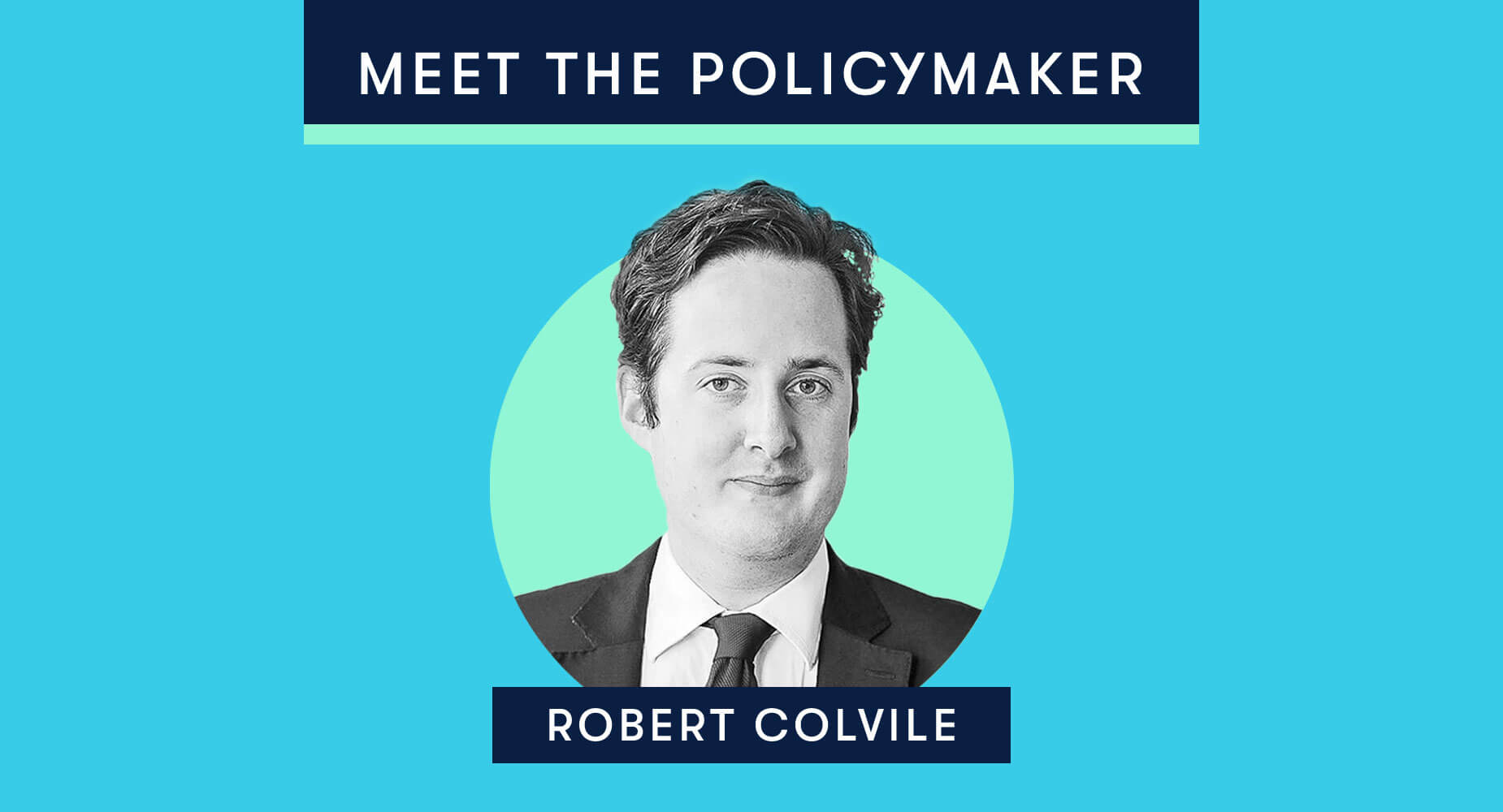With the General Election a distant memory and Boris Johnson charging at full steam to permanently re-shape the Conservative Party, we welcomed the Director of the Centre for Policy Studies (CPS) and one of authors of the Conservative Party Manifesto, Robert Colvile, to our pr agency to help us understand the formulation of the Manifesto and what we can expect from the new Government. Here are five key takeaways:
Boris’s vision was for Labour leavers
Robert began with the manifesto, how it was formulated and how it complimented Boris Johnson’s campaign. Unsurprisingly, he stressed the priority on getting Brexit done. Boris’s challenge for this General Election campaign was to galvanise that group of Leave voters from 2016 and encourage them to vote Conservative – in many instances for the first time.
The success of the Leave campaign can be attributed to coalition of voters it brought together in support of a single vision of Britain’s future – with the manifesto buttressing that message by making clear promises about issues of the greatest concern to those working-class and middle-class voters outside London.
Two proudest contributions
It would be remiss not to mention the valuable contribution Robert and the CPS had on the Manifesto. He mentioned two particular highlights.
First, the increase in the National Insurance threshold. A policy the CPS had put on the agenda, building on its earlier proposal to increase the personal income tax allowance. Secondly, the introduction of long-term fixed rate mortgages for first time buyers. The latter part of the CPS’s long-term drive to increase home ownership across the country.
Waking up Whitehall
After two years of paralysis the Whitehall machine has been jolted back into life. On the one hand, the Vote Leave team are ensuring every Department is projecting an optimistic vision after Britain leaves the EU. On the other hand, the Chancellor has asked every Whitehall Department to find 5% in savings by the end of February in advance of the Budget.
Underlying all of these measures were certain guiding principles, such as the pursuit of net-zero and levelling up. Robert told us that these ambitions are driving policy-making across Whitehall.
Influencing the majority
With such a large majority the Government has a clear path to introduce legislation. This point cannot be overstated enough given the inertia under Theresa May’s premiership. For those outside of Westminster looking to influence policymakers, Robert had a few choice words of advice.
The majority earned by Boris Johnson means that he will pursue some policies doggedly regardless of the pressure against them. Robert recommended that those business looking to engage with Government should consider how to incorporate those guiding principles into their thinking and offering solutions that will help advance Downing Street’s agenda.
Pressure on the private sector
One of Robert’s final insights was the role of businesses and the number of sectors that require new settlements to deliver for consumers. Whether it is the water industry or other utilities, the social care system or the railways, private sector providers need to have new answers to old problems. Robert predicts that public resentment will only grow and cause frustration for Government and industry if they don’t work together to find an answer in the next four years.



